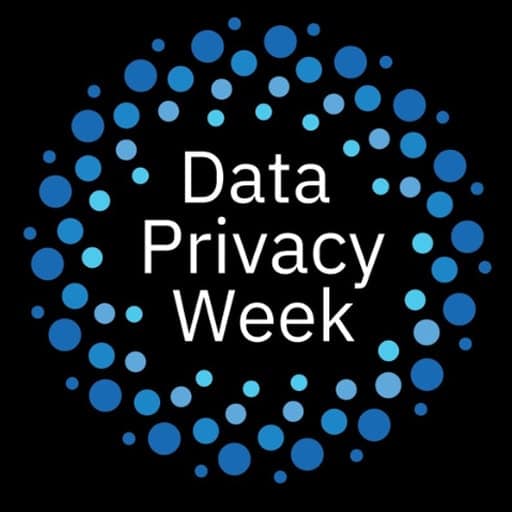The recent release of DeepSeek-R1 by the Chinese startup DeepSeek has garnered a lot of interest and could spark a new wave of innovation, potentially rebalancing the state of AI supremacy between the major competitors on the global stage.
By introducing unique features and improving upon existing AI capabilities, DeepSeek-R1 set new standards in large language models (LLM) performance. DeepSeek introduced cost-effective, open-source LLMs, drastically reducing AI development expenses. Its models cost approximately USD$0.10 per million tokens, compared to OpenAI’s $4.40. Making high-quality AI tools more accessible and affordable also democratises technology access. This inclusivity challenges existing models that are often exclusive or expensive, which broadens the user base for advanced AI solutions and encourages other companies to enhance their offerings, fostering a cycle of rapid advancements in the field.
Since DeepSeek released its open and resource friendly but very competitive model, we are now standing at the advent of a potential open model boom. However, there are significant caution signs that point to security and data privacy risks and political bias and censorship.
Nation-state influences
In the context of geopolitical tensions, DeepSeek represents a homegrown solution for China that reduces reliance on foreign technologies. This self-reliance is crucial for maintaining technological sovereignty and enhancing national security. Organisations in Western countries are increasingly viewing DeepSeek as a security risk and are consequently blocking access to it. The primary concerns include data privacy, security and censorship. DeepSeek’s data collection policies indicate that user information is stored on servers located in China. This raises fears that sensitive data could be accessed by the Chinese government under national security laws. Experts also warn that DeepSeek could be exploited for espionage or influence operations.
The app’s association with China Mobile, a state-owned telecommunications company, has heightened these concerns as researchers discovered code linking DeepSeek to China Mobile, suggesting potential data privacy issues. DeepSeek has also been observed censoring topics sensitive to the Chinese government, such as the Tiananmen Square incident and discussions about Taiwan. This behaviour raises concerns about the spread of disinformation and the suppression of free speech.
Security risks and repercussions
Following the rise in popularity of DeepSeek’s R1 model, the New York-based cybersecurity firm Wiz examined the company’s security measures. The firm’s investigation revealed that DeepSeek had left its database infrastructure unsecured, allowing public internet access without any password protection. This oversight exposed a substantial amount of sensitive information, including chat histories, backend data and other confidential details.
In response to these concerns, several countries and organisations have taken action. The Australian government, for example, has banned DeepSeek from all government devices, citing unacceptable security risks. Italy’s data protection authority has blocked DeepSeek after the company failed to provide information about its data processing practices, sparking Belgian and Irish data protections authorities to open probes requesting information from DeepSeek on the processing and storing of their citizens’ data. Multiple U.S. federal agencies, including the Navy and NASA, have restricted the use of DeepSeek due to privacy and security concerns. These actions reflect a growing apprehension in the West regarding the potential risks associated with DeepSeek’s data practices and its connections to the Chinese government.
DeepSeek also suffered the consequences of its sudden global prominence. Based on information from the Chinese Qi Anxin’s XLab security firm, the Global Times, an English-language Chinese newspaper under the People’s Daily, reported that DeepSeek has faced escalating cyberattacks since early January 2025, beginning with volumetric DDoS attacks leveraging SSDP and NTP reflection and amplification. The attacks, which further escalated to more sophisticated HTTP proxy and botnet-based DDoS attacks by late January, impacted DeepSeek’s service and its ability to register new users. The Beijing-headquartered security firm NSFocus also monitored the attacks and concluded that “this highly coordinated and precise attack suggests that the incident was not accidental, but likely a well-planned and organised cyberattack executed by a professional team.”
Xlab also observed a significant volume of password brute-force attacks targeting DeepSeek’s login page, with “a notable portion originating from U.S. IP addresses.” It is important to recognise that surges in account takeover (ATO) attempts are not uncommon on platforms that impose restrictions on new registrations. When the availability of new accounts is constrained, they gain value as a tradeable commodity within underground markets, ultimately drawing the attention of malicious actors and increasing illicit traffic.
Proceed with caution
Despite the significant pushback against DeepSeek’s service, the disruptive potential of the open-source model remains intact, as it is freely accessible for anyone to download, experiment with, and innovate upon. Organisations and users can leverage their own data as ground truth within the privacy of their own premises. This not only mitigates many of the drawbacks associated with DeepSeek’s service but also fuels innovation across a spectrum of use cases, both benign and malicious.





